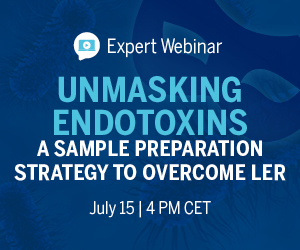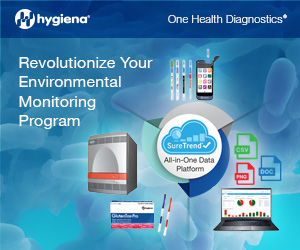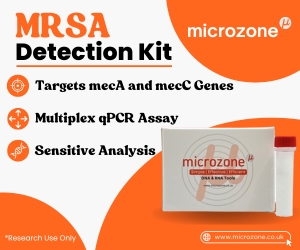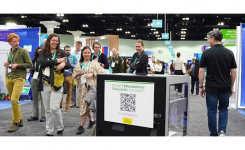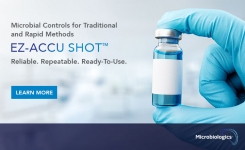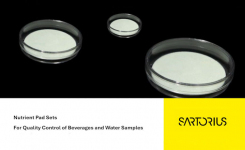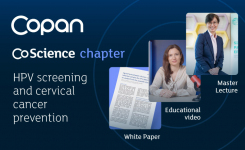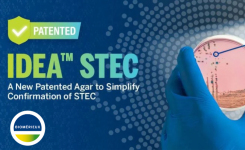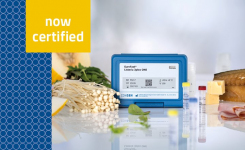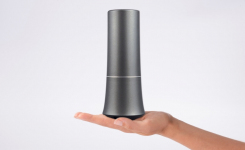ChemScan RDI Receives Approval for 4 Hour Cryptosporidium Protocol
go back to news archives| | During 2003, Chemunex SA, France, in partnership with Thames Water Utilities in England, coordinated a five site comparative evaluation of a modified protocol using the ChemScan RDI for rapid and early detection of Cryptosporidium oocysts in drinking water. |
| The DWI conclusion reads.... "After very careful consideration of the information detailed in the report the Inspectorate has decided that the ChemScan RDI analyser is approved for the regulatory analysis of Cryptosporidium oocysts. " |
Source : AES CHEMUNEX [France]
Now part of bioMerieux (Industrial) View Company Information
Posted on December 13, 2004
LATEST MICROBIOLOGY NEWS
-
New Self-collection Devices from MWE
01 Jul 2025
MICROBIOLOGY EVENTS
-
AI for Food Safety Professionals
8 Jul 2025 -
Main Challenges in Allergen Testing and How to Overcome Them
9 Jul 2025 -
Getting Equipped for the Future with the New MAS-100 Sirius® Microbial Air Sampler
10 Jul 2025 -
Unmasking Endotoxins: A Sample Preparation Strategy to Overcome LER
15 Jul 2025 -
IAFP 2025
27 Jul 2025 -
ADLM 2025
27 Jul 2025 -
Food Safety Culture Workshop
9 Sep 2025 -
Who are the "Real" Spoilers in Food?
11 Sep 2025 -
CPD accredited course: Level 3 HACCP & Food Safety
15 Sep 2025 -
Culture Eats HACCP for Breakfast (free)
On-demand Webinar


